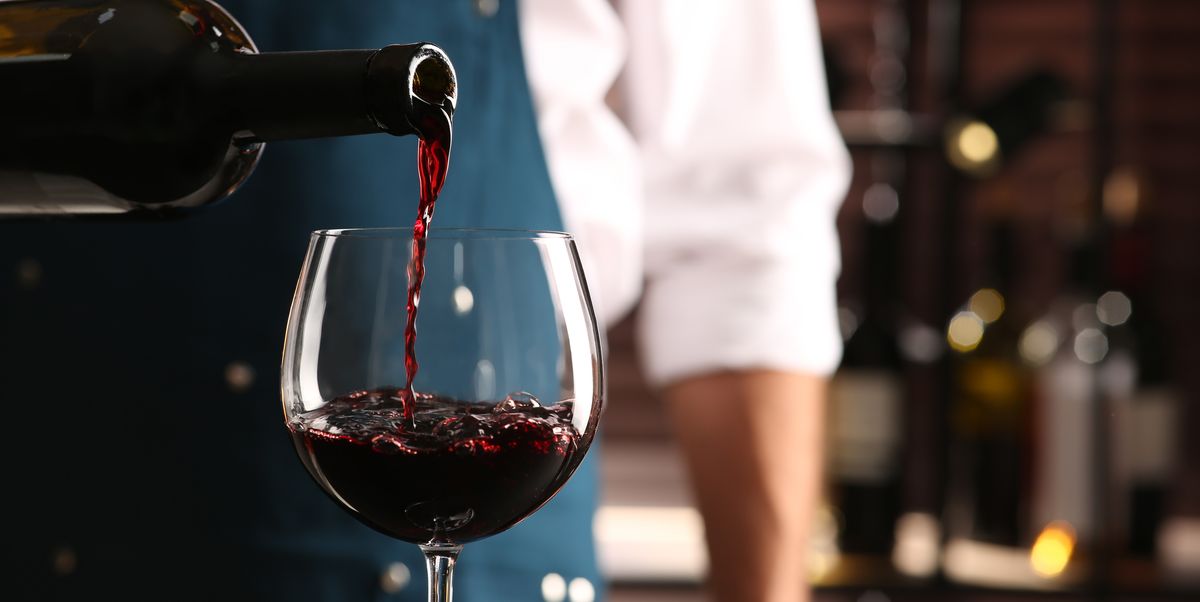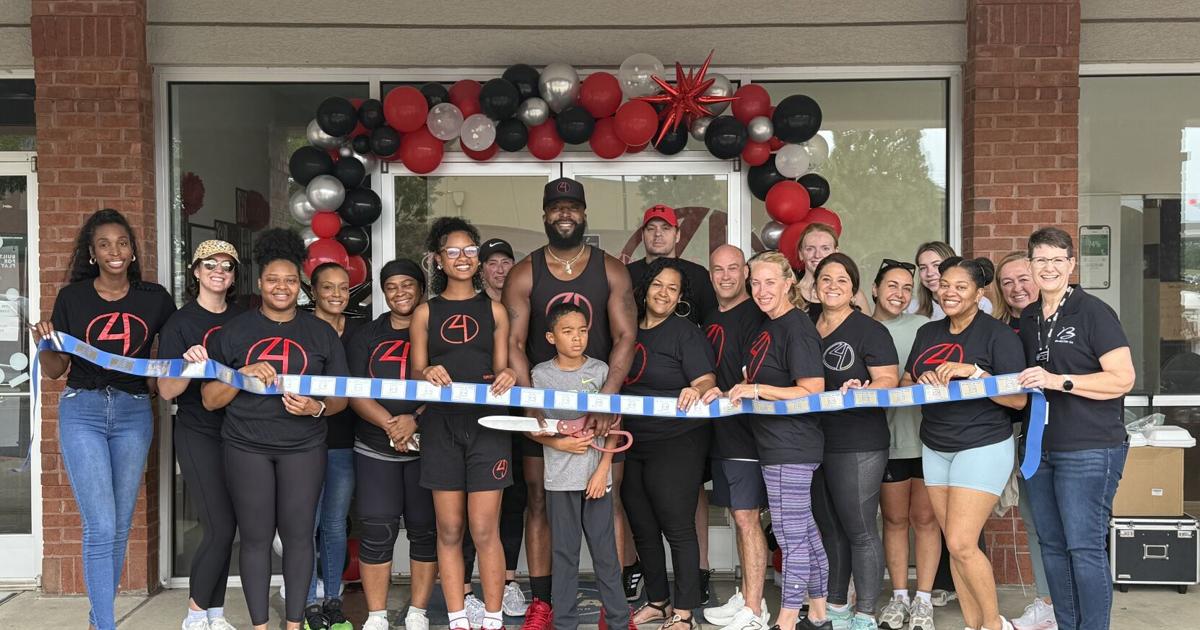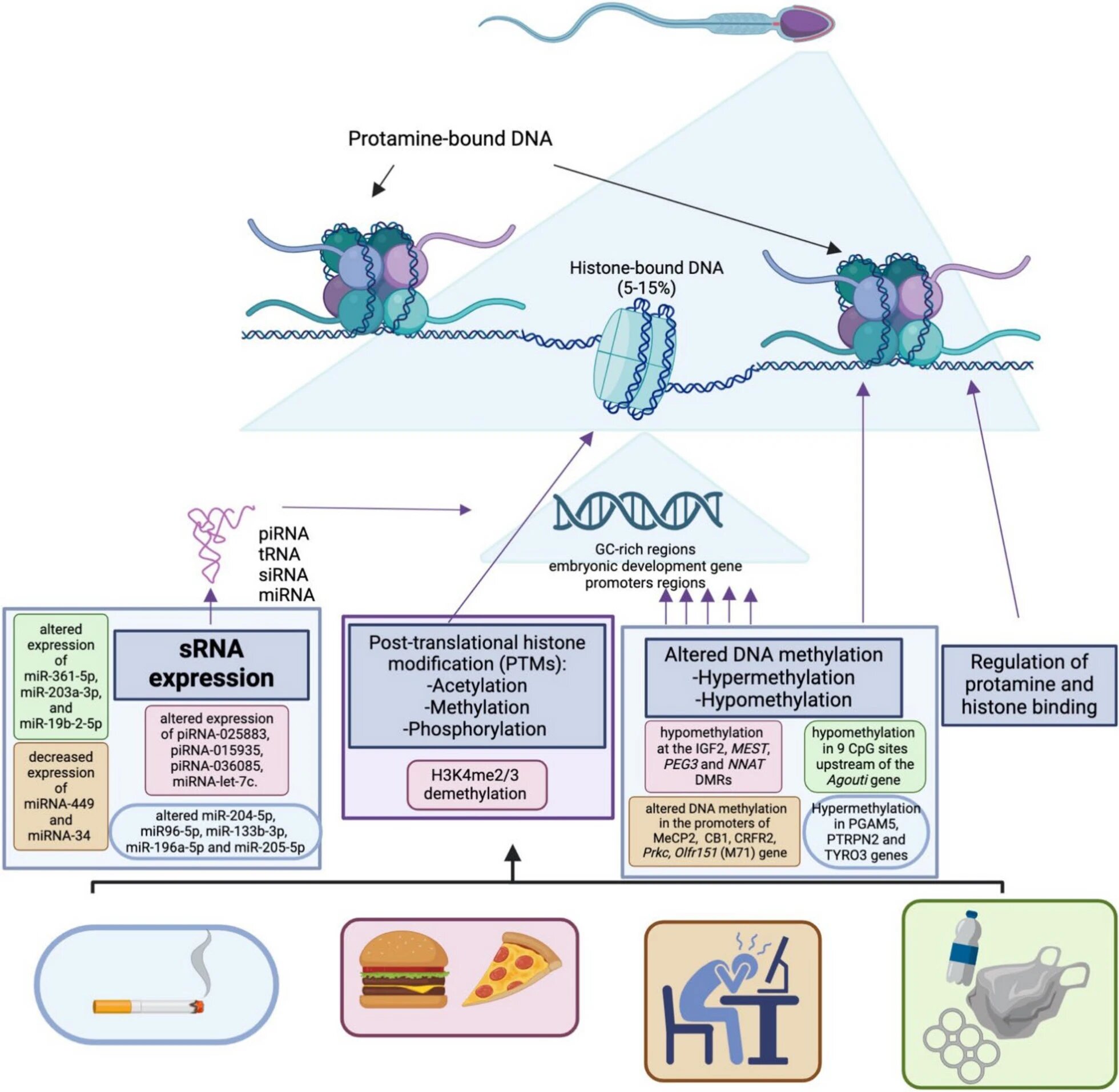We’ve been drinking wine for thousands of years. It’s produced and consumed in nearly every region of the world, each with its own varietals, customs, and traditions. Wine, especially red wine, has become revered for its potential health benefits.
Over the years, plenty of studies have been published about the antioxidant properties and health benefits of wine. In general, the consensus has seemed to be that a glass or two of wine a day is okay, if not healthy. But more and more research has begun to say otherwise about alcohol. Earlier this year, the U.S. Surgeon General released an Advisory about the link between alcohol and at least seven types of cancer, including breast, liver, colon, and esophageal cancers.
So, what’s the bottom line with wine?
Is It Healthy To Drink Wine Every Day?
While wine in moderation can be part of a healthy lifestyle, the product itself isn’t exactly a health food. “There have been widespread claims in the media for decades that drinking a glass of wine daily is beneficial for heart health. However, these claims should be approached with caution,” says Michelle Routhenstein, MS, RD, CDN, a preventive cardiology dietitian at EntirelyNourished.com.
It’s true that wine contains polyphenols (a group of plant compounds that have antioxidant and anti-inflammatory properties) that can contribute to important functions in the body. “Resveratrol, specifically found in the skin of red grapes, has been researched for its possible role in reducing LDL cholesterol and preventing blood clotting,” Routhenstein says.
While these antioxidants may help mitigate inflammation and protect your cardiovascular system, wine isn’t the most effective source for them. Routhenstein tells us that the amount of antioxidants in wine can vary, especially between red and white wine. There’s also a good chance that they may be oxidized and less bioavailable by the time you pour yourself a glass.
“So far there is no research that shows a direct link between better heart health and drinking alcohol,” adds Kailey Proctor, MPH, RDN, CSO, a board-certified registered dietitian at City of Hope Orange County in Irvine, California. “And it’s important to note that all alcoholic drinks—including red and white wine, beer, and liquor—are linked with cancer risk.”
Ultimately, no amount of antioxidants can negate the potential harm that comes from consuming alcohol. Excessive and heavy drinking in particular carries some major health risks, ranging from liver problems to heart disease to several types of cancers.
“What happens when you drink is that your body metabolizes the alcohol into a chemical called acetaldehyde, which is classified as a carcinogen,” Proctor says. “Acetaldehyde can damage DNA and contribute to the formation of tumors as well as cell and liver damage.”
How Much Wine Should We Be Drinking?
The CDC defines moderate drinking as up to two drinks daily for men and up to one drink for women. And when it comes to wine specifically, a serving is five fluid ounces. But Proctor says that “there is no scientifically established safe amount when it comes to drinking alcohol.”
Even routine moderate drinking can eventually impact your heart health and weight. “Regular alcohol intake can also lead to tolerance, dependence, and liver function issues, potentially increasing the risk of alcohol-related liver diseases over time,” says Routhenstein.
We do assume some degree of risk when drinking alcohol—regardless of the amount. “The reality is drinking less is better for your health but not drinking at all is best for your health,” says Proctor.
That doesn’t mean you necessarily have to forgo wine entirely. It is, however, important to consider the potential health risks when you do choose to drink it. “While moderate consumption of one glass of wine, two to three times per week, is unlikely to cause harm, relying on wine for health benefits is not advisable,” Routhenstein adds. However, it’s worth noting that even consuming less than one drink per week is associated with a 16% increased risk of breast cancer in women and a 10% increased risk of alcohol-related cancers in men, according to the U.S. Surgeon General’s Advisory.
Indulging in a glass every once in a while isn’t necessarily harmful, but calling wine a health food is misleading at best. You’re better off getting your antioxidants straight from the source. Whole grapes contain the same polyphenols as wine, and they also have added fiber that can help your digestive system.
Expertise: TikTok Trends, Drinks, Pop Culture
Education: B.A. in Journalism and B.S. in Communications from NYU, Culinary Arts degree from The Institute of Culinary Education
About Me: As an associate editor at Delish, Gabby works on everything from features to recipes to content on our social media channels. Before joining the team, she wrote for StarChefs Rising Stars Magazine, Mashed, and Food52. When she’s not developing cocktail recipes, she’s making cocktail-inspired dishes like and . Her features cover online trends like the , rank everything from to , and answer some of your most pressing food safety questions. You can also find her posting content on Delish’s TikTok, including her about cooking like influencer Nara Smith that garnered over 3M combined views. She loves eating spicy food, collecting cookbooks, and adding a mountain of Parmesan to any dish she can.
As a Contributing Writer, and former Associate Editor, at Delish, Allie is a writer, reporter, and producer of features at the intersection of food and culture. Before Delish, Allie worked for publications including Apartment Therapy and Insider. She even spent time working in restaurants and breweries. Allie has dumpster-dived in NYC to expose food waste, reported on the invasive lionfish you can eat, and wrote about the growing trend of weed weddings. Her health and nutrition stories on hydration culture, bananas, and coffee have generated nearly 2M combined views. She loves traveling, running, and eating her way through new places and even has a thorough Google Maps ranking system for her favorite restaurants and bars! When not writing about food, she’s planning her next trip, lifting weights, or training for a race. Expertise: food & culture (Sustainability, Health, Travel) Education: M.S. in Journalism from Columbia University, B.S. in Information Science (User Experience Design) from the University of Michigan



